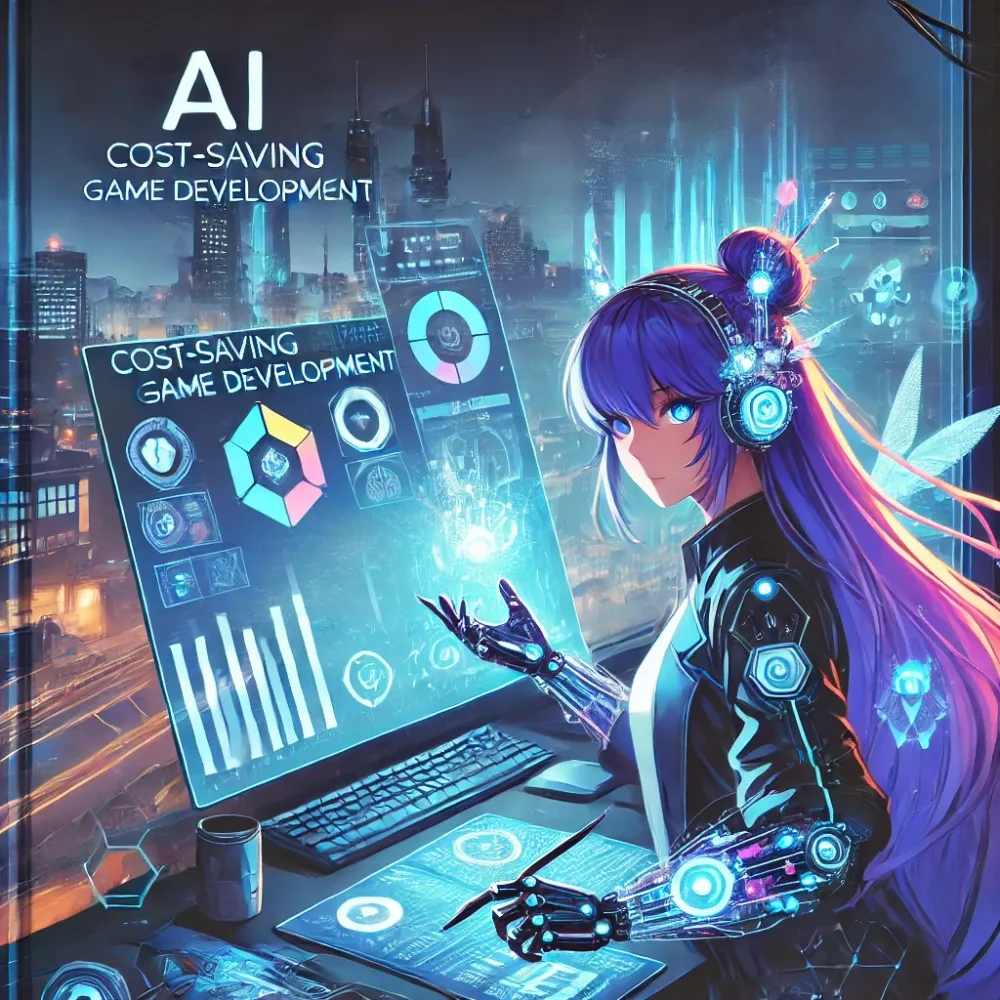The cost-effectiveness of AI: Saving resources in small-scale game development
managing limited resources while striving for high-quality output is a constant challenge. Artificial intelligence (AI) has emerged as a transformative tool, enabling small-scale developers to optimize their workflows, reduce costs, and enhance the overall quality of their games.
Automating asset creation
AI-powered tools can generate game assets such as textures, sprites, and 3D models, significantly reducing the time and financial investment required for manual creation. For instance, Unity's Muse suite offers features like Muse Sprite and Muse Texture, which automatically produce game-ready 2D sprites and textures, streamlining the development process (readyplayer.me).
Enhancing character animation
Creating lifelike character animations is often resource-intensive. AI-driven character animation tools can automate this process, delivering realistic movements and expressions without the need for extensive manual effort. This approach not only saves time but also reduces the costs associated with hiring specialized animators.
Procedural content generation
AI enables procedural content generation (PCG), allowing developers to algorithmically create expansive game environments, levels, and scenarios. This method minimizes the need for manual design, leading to significant cost savings and increased replayability for players (en.wikipedia.org).
AI-Driven quality assurance
Testing and debugging are critical yet time-consuming aspects of game development. AI can automate quality assurance processes by identifying bugs, optimizing performance, and ensuring a smoother launch. This efficiency reduces the need for extensive manual testing, thereby lowering associated costs.
Cost-Effective sound design
Sound design traditionally requires substantial resources to achieve high-quality audio experiences. AI advancements have made it possible to generate dynamic soundscapes and voiceovers, reducing the reliance on professional voice actors and sound designers. Tools like ElevenLabs provide AI-generated voiceovers, offering high-quality sound design without the traditional costs (juegostudio.com).
By integrating AI into various facets of game development, indie developers can achieve significant cost savings, streamline their workflows, and focus more on creative innovation. Embracing AI not only makes high-quality game development more accessible but also empowers small-scale studios to compete effectively in the dynamic gaming industry.




